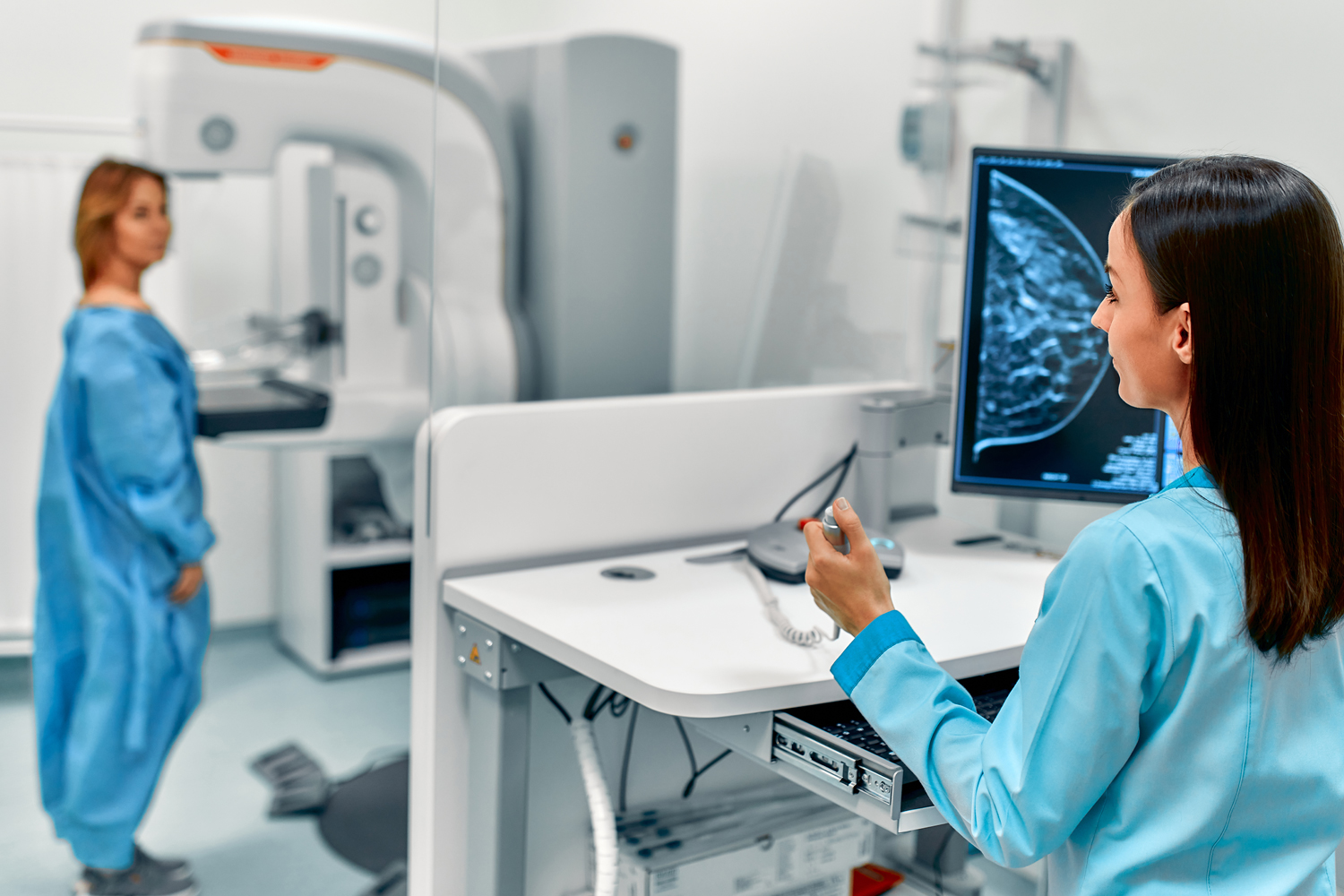Every week, the editors of Cancer Today magazine bring you the top news stories for cancer patients from around the internet. Stay up to date with the latest in cancer research and care by subscribing to our e-newsletter.
Breast Density Changes Could Impact Cancer Risk
A JAMA Oncology study published online April 27 found the rate of breast density decline can indicate an increased risk of developing breast cancer. It has previously been shown that women with dense breast tissue have an elevated cancer risk and that density naturally declines as women age. New research, however, found women whose breast density decreases at a slow rate have an increased breast cancer risk, CNN reported. Researchers looked at mammograms of 947 women—289 of whom developed breast cancer—over the course of a decade. Among those diagnosed with cancer, breast density in the specific breast that developed cancer declined at a much slower rate than was seen in the breasts of women without cancer. Experts said women should ask their doctors about density changes to better gauge their risk. “Because women have their mammograms taken annually or biennially, the change of breast density over time is naturally available,” Shu Jiang, an associate professor of surgery at Washington University School of Medicine in St. Louis and the study’s lead author, wrote in an email to CNN. “We should make full use of this dynamic information to better inform risk stratification and guide more individualized screening and prevention approaches.”
People With HIV Still Lack Access to CAR T-cell Therapy
Despite some research that suggests CAR T-cell therapy should be equally effective in people with and without HIV, patients with HIV continue to be barred from accessing this potentially life-saving treatment. People with HIV have an increased risk for developing non-Hodgkin lymphoma, and they are seven times as likely to die from the disease than those without HIV, Healio reported. Non-Hodgkin lymphoma is the leading cause of cancer death among this population, in part because their cancers often resist standard chemotherapy and immunotherapy. CAR T-cell therapy has increasingly been used to treat advanced non-Hodgkin lymphoma, but since most clinical trials automatically disqualify patients with HIV, no person with HIV has participated in a trial of the treatment. As a result, approved CAR T-cell therapies for this cancer are not licensed for use in people with HIV, often leading to insurance denials. However, experts say, due to better understanding of HIV and improved treatment, there is no reason patients with well-controlled HIV cannot be included in clinical trials or why CAR T-cell therapy would pose a safety risk. “People with HIV are discriminated against wholesale by investigators, both on the academic side and by pharma—unequivocally,” Ariela Noy, an HIV/AIDS-related lymphoma specialist at Memorial Sloan Kettering Cancer Center in New York City, told Healio. “It is a travesty for those patients that they have been excluded for historic reasons that are no longer valid.”
People With Asthma Have an Increased Cancer Risk
The nearly 26 million people in the U.S. with asthma are 36% more likely to develop cancer than those without the disease, according to results of a new study. Researchers followed 360,084 people, including 90,021 with asthma, for eight years, tracking incidence of 13 types of cancer, the Washington Post reported. Those with asthma had an increased risk of developing melanoma and cancers of the blood, kidneys, lungs and ovaries. The study authors noted the link between asthma and cancer may be due to the chronic inflammation that accompanies the respiratory disease, as previous data have shown inflammation promotes cancer growth and spread. “We identified an association between asthma and elevated cancer risk, although we are not claiming that asthma causes cancer—we’re only saying that there is a connection between the two. More research is needed,” Yi Guo, an associate professor at the University of Florida College of Medicine in Gainesville and the study’s lead author, told Healio. Additionally, the study found that while asthma patients who use inhaled steroids still had a higher cancer risk than those without asthma, they had increased risk for just two cancers: lung cancer and melanoma. Researchers said this suggests inhaled steroids may offer a protective effect against cancer in this population.
Cancer Today magazine is free to cancer patients, survivors and caregivers who live in the U.S. Subscribe here to receive four issues per year.





